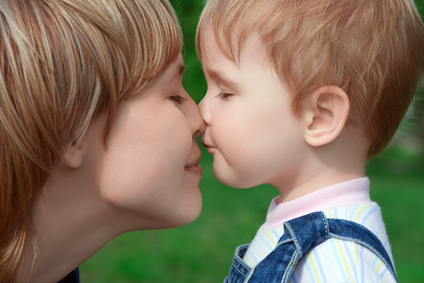Simple test for anxiety in children
By Liz Lockhart
Parents can use a simple, two-question test to assess whether their young children are prone to future  anxiety disorders by using a newly developed test devised by researchers at the University of British Columbia (UBC). Anxiety disorders are the most commonly diagnosed mental health condition in children.
anxiety disorders by using a newly developed test devised by researchers at the University of British Columbia (UBC). Anxiety disorders are the most commonly diagnosed mental health condition in children.
Lynn Miller, Ph.D., an associate professor at UBC, presented the research to the American Educational Research Association in Vancouver. She said that the two question test asks parents about shyness, anxiety and worrying in their children and that it was 85% accurate in identifying children who were later diagnosed with an anxiety disorder.
The two questions are:
- Is your child more shy or anxious than other children his or her age?
- Is your child more worried than other children his or her age?
Miller said ‘When children enter kindergarten, they are screened for hearing and vision problems and difficulty reading so that these issues can be identified and treated early. It only makes sense to screen for anxiety at this stage too.’
Miller believes that parents and teachers can take easy measures to ensure that children know how to cope with anxiety. It just takes four steps which are:
- Children are first taught to identify when they are feeling anxious.
- They are taught a variety of techniques to cope with anxiety and learn which techniques work best when they feel scared or frightened.
- They are taught to evaluate what makes them anxious.
- They are taught to begin taking steps to face their fears.
Anxiety is the most commonly diagnosed mental health condition in children. One in ten children are affected by a mental health disorder. Miller said ‘The good news is that anxiety disorders are among the easiest to treat and the best way to treat these disorders is when kids start school. We don’t talk about mental health disorders in children at this age but it is the best time to intervene and prevent future problems.’
She concluded ‘Anxiety has a tendency to masquerade as other things. Children who are anxious don’t have to suffer.’





